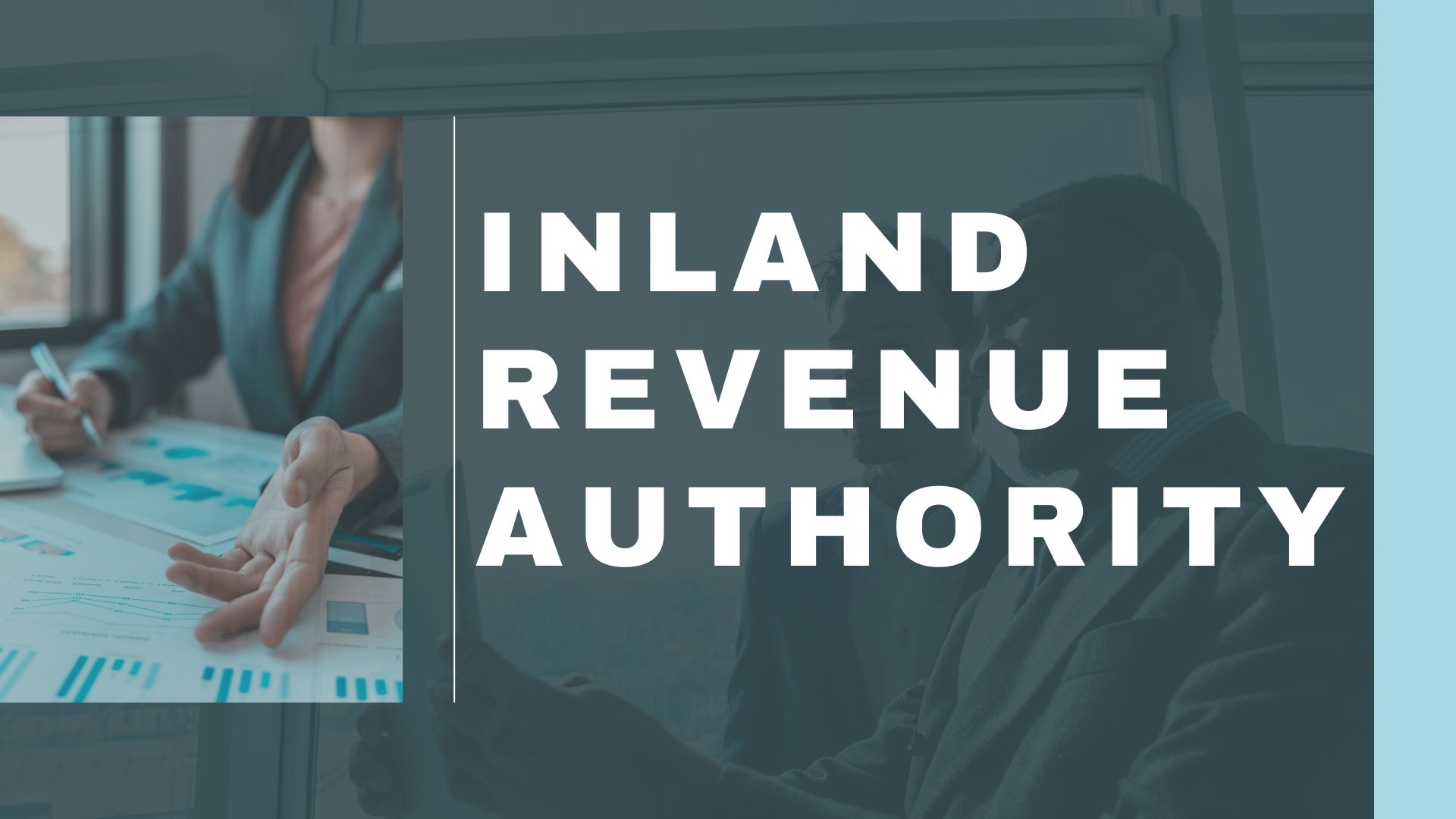In a bustling business landscape of Singapore, efficient payroll management is crucial for companies for all sizes. As organizations strive to optimize their operations, payroll software in Singapore has emerged as a game-changing solution, offering a streamlined approach to what was once a time-consuming and error-prone process. This blog explores how payroll software is transforming the way Singapore businesses handle their payroll, ensuring accuracy, compliance, and efficiency.
Table of Contents
The Evolution of Payroll Management in Singapore
Traditionally, payroll processing in Singapore involved manual calculations, paper-based systems, and countless hours of administrative work. However, with the advent of digital solutions and the push for smart nation initiatives, the landscape has dramatically shifted. Today, payroll software in Singapore offers a sophisticated alternative that aligns with the country’s vision of a technologically advanced business ecosystem.
Payroll Software in Singapore: Key Features
Modern payroll software solutions cater specifically to the unique requirements of Singapore’s business environment. Here are some essential features that makes these systems indispensable:
- Automated Calculations: Accurate computation of salaries, overtime, bonuses and deductions.
- CPF compliance: Automatic calculation and reporting of Central Provident Fund (CPF) contributions.
- Tax Management: Generation of IR8A forms and handling of tax-related processes.
- Leave Management Integration: Seamless tracking of employee leave and its impact on payroll.
- Customizable Pay Items: Flexibility to add or modify pay components as per companies policies.
- Employee Self-service Portals: Allowing staff to access payslips, submit claims, and update personal information.
- Reporting and Analytics: Comprehensive payroll reports and data insights for informed decision-making.
Payroll Software in Singapore: Benefits of Implementation
Adopting a payroll software in Singapore has numerous advantages:
- Time and Cost Efficient: Automation significantly reduces the time spent on payroll processings, allowing HR professionals to focus on strategic tasks.
- Enhanced Accuracy: Minimizes human errors in calculations, ensuring employees receive proper payments.
- Compliance Assurance: Stays updated with the latest MOM regulations and tax laws, reducing the risk of non-compliance penalties.
- Data Security: Advanced encryption and security measures protect sensitive payroll information.
- Scalability: Easily adapts to growing business needs, from startups to large corporations.
- Real-time Access: Provides instant access to payroll data, facilitating quick decision-making and reporting.
Choosing the Right Payroll Software for Your Singapore Business
With numerous options available, selecting the ideal payroll software requires careful consideration. Here are key factors to evaluate:
- Compliance with Local Regulations: Ensure the software is up-to-date with Singapore’s employment laws and tax regulations.
- User-Friendly Interface: Look for intuitive designs that require minimal training for your team.
- Integration Capabilities: The ability to integrate with existing HR, accounting, and time-tracking systems is crucial for seamless operations.
- Scalability and Flexibility: Choose a solution that can grow with your business and adapt to changing needs.
- Mobile Accessibility: In today’s mobile-first world, having a mobile app or responsive design is increasingly important.
- Customer Support: Reliable customer service and regular updates are essential for long-term success.
- Cost-Effectiveness: Consider both initial investment and long-term value, including maintenance and upgrade costs.
Payroll Software in Singapore: Implementation Best Practices
To maximize the benefits of payroll software in Singapore, consider these implementation best practices:
- Conduct a Thorough Needs Assessment: Identify your specific payroll requirements before selecting a solution.
- Plan for Data Migration: Ensure a smooth transition by carefully planning the transfer of existing payroll data.
- Provide Adequate Training: Invest in comprehensive training for your HR team and employees who will use the system.
- Start with a Pilot Program: Consider a phased rollout, starting with a small group before full implementation.
- Regular Audits and Updates: Continuously monitor the system’s performance and keep it updated with the latest features and compliance requirements.
Payroll Software in Singapore: SMEPayroll for Small Businesses
Here are some key pointers on how SMEPayroll, a payroll software company for small businesses, can streamline payroll processing:
- Automation of calculations:
-
-
- Automatically computes wages, taxes, deductions, and benefits
- Reduces manual errors and saves time
-
- Employee self-service portal:
-
-
- Allows employees to access pay stubs, tax forms, and update personal information
- Reduces administrative burden on HR staff
-
- Tax compliance:
-
-
- Stays up-to-date with changing tax laws and regulations
- Automatically calculates and files required tax forms
-
- Integration capabilities:
-
-
- Connects with accounting software, time tracking systems, and banks
- Ensures data consistency across platforms
-
- Customizable reporting:
-
-
- Generates detailed payroll reports for analysis and auditing
- Helps in making informed business decisions
-
- Cloud-based system:
-
-
- Allows access from anywhere, anytime
- Ensures data backup and security
-
- Mobile accessibility:
-
- Enables payroll management on-the-go via smartphone apps
- Convenient for both employers and employees






















Leave feedback about this